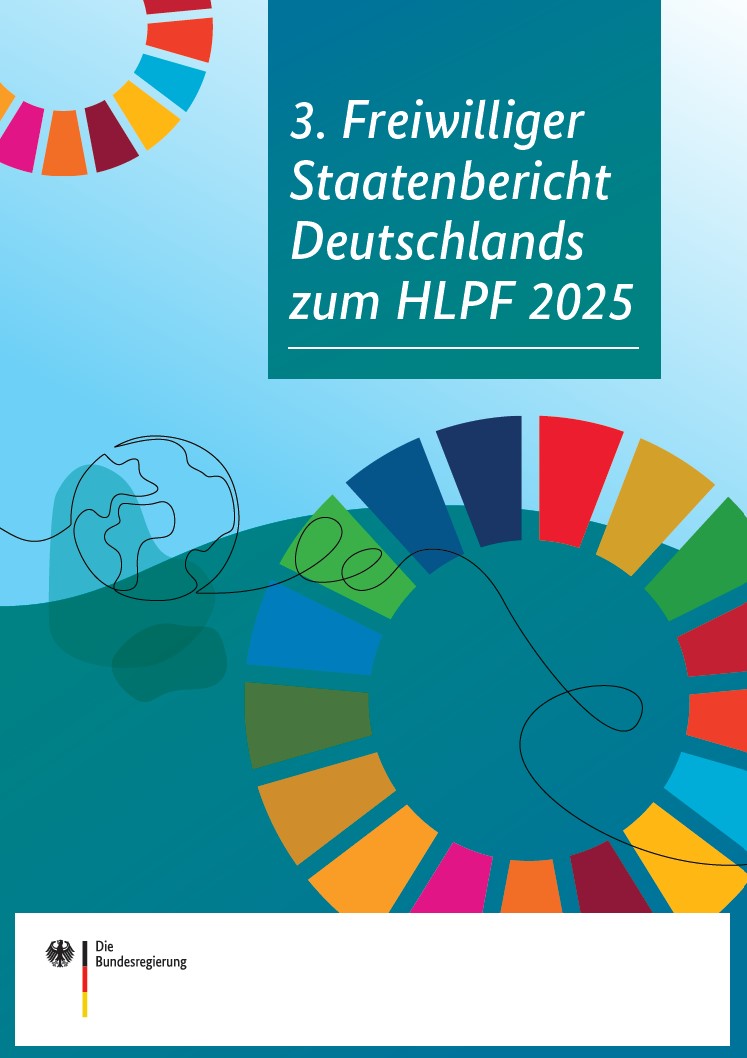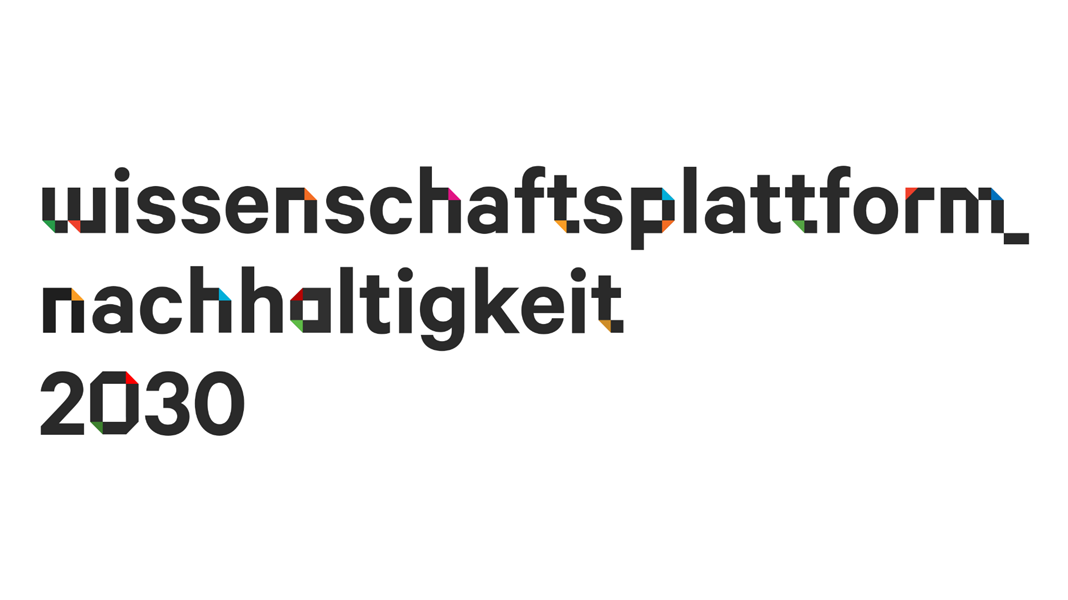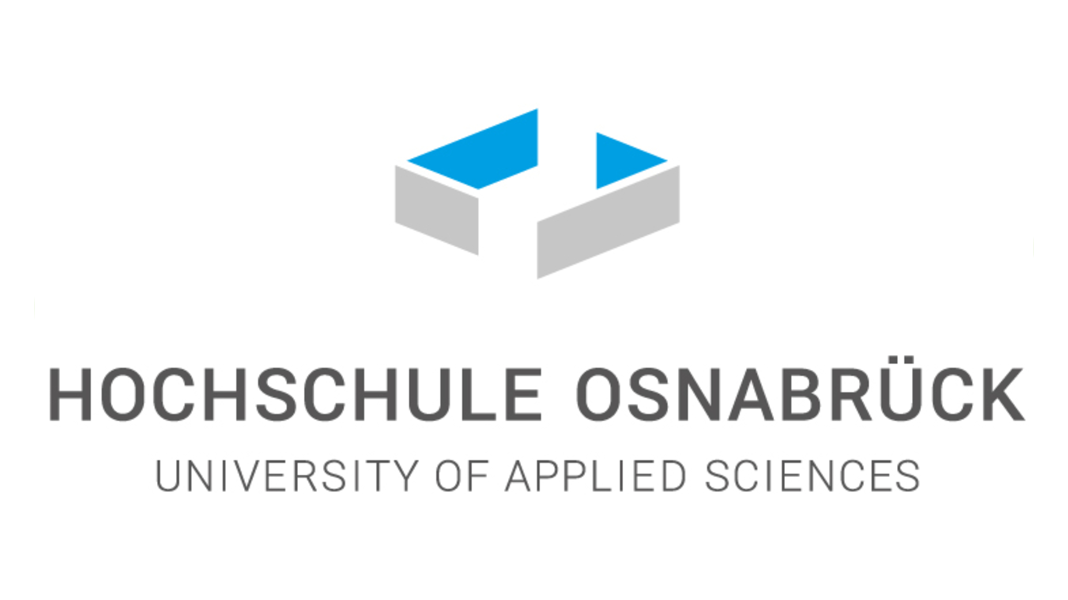VNR 2025 Joint contribution by the Science Platform Sustainability 2030 (wpn2030), TU Berlin and University of Applied Sciences Osnabrück
The transformation area of sustainable agricultural and food systems represents a key challenge for implementing the 2030 Agenda in, with and by Germany. There is great potential here, as all SDGs are directly or indirectly linked to agricultural and food systems . However, there are significant implementation deficits.
Communal catering plays a key role in this, as a central interface between agriculture and consumers that can significantly influence sustainable diets. Although the German government has recognised the importance of this area in its Food and Nutrition Strategy, there is still a lack of concrete indicators to measure progress. The future results of the quantitative study on the level of knowledge, experience and implementation of a plant-based diet at schools and daycare centres conducted by the KAHUpE project (External link) (web page only available in German) can serve as an initial basis.
In addition, there are already numerous parallel initiatives to promote more sustainable communal catering. However, these are often funded for a limited period and on a project basis, for example the model regions competition “Ernährungswende in der Region” (“Regional Food Transition”) and the IN FORM initiative. To create synergies and achieve sustainable impact beyond the duration of individual projects, a long-term structure is needed for pooling efforts, facilitating exchange and generating broad impact. One promising solution, which was developed as part of an expert workshop , would be to set up multi-professional “Pilot Centres” at the Länder (federal state) level as a supporting element for the Länder Networking Centres (daycare and school catering and catering in senior living communities) and as a communication point for all partners in the value chain (including producer groups, producers, logistics, communal catering etc.).
Sustainable choices in the agricultural and food system must become more accessible and attractive, for example through a more sustainable design of the advertising environment. Economic instruments such as sustainability-oriented taxation and levies on food could be a solution for creating incentives for more sustainable production and consumption systems (WBAE, 2020; Citizens' Assembly “Nutrition in Transition”, 2024 (External link)). A strategy for sustainability-oriented food taxation could make a significant contribution here.
Footnote
1) The workshop was held on 10 December 2024 in the “DNS-Lab” format (External link) (web page only available in German) by the Science Platform Sustainability 2030 in cooperation with TU Berlin and Osnabrück University of Applied Sciences on transforming sustainable communal catering. Eighteen experts from the fields of public policy and administration, academia, civil society and business were actively involved.



